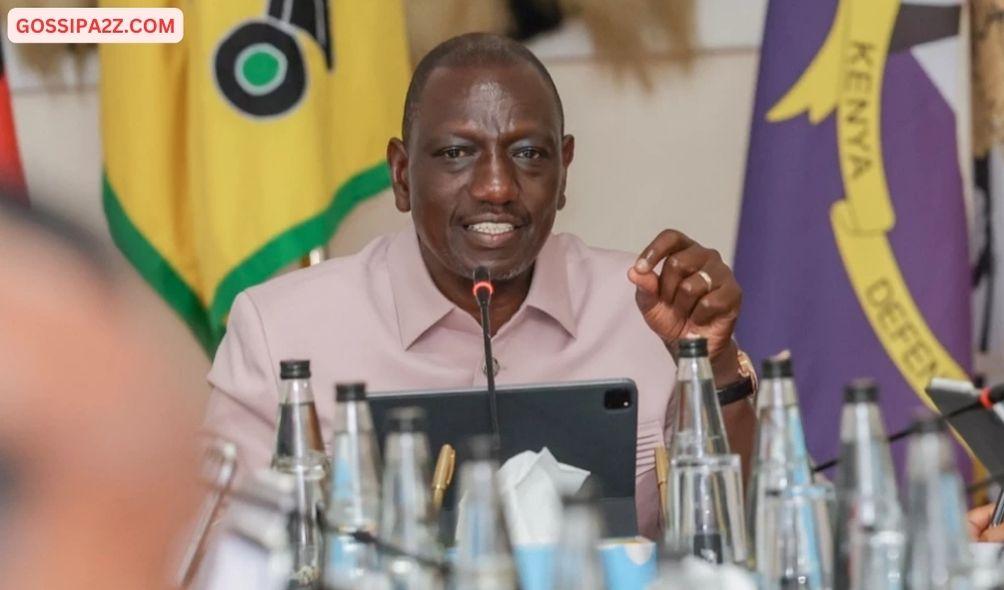Here Are the Taxes, Levies & Ruto Policies Expected to Take Effect in 2024
Kenyans are poised to face financial impact following the government’s implementation of fresh taxes and charges set to commence in January 2024.
The fresh taxes and charges are intended to fund governmental activities while diminishing the reliance on loans, which has caused Kenya’s public debt to surpass the Ksh10 trillion threshold.
National Assembly Majority Leader Kimani Ichung’wah has already tabled a bill seeking to create a legal framework to reintroduce the Housing Levy which has already been declared unconstitutional by the High Court.
Through the Affordable Housing Bill 2023, the legislator has proposed the establishment of the Affordable Housing Fund, which envisions a kitty that will draw contributions from Kenyans which will then be allocated to fund the legacy project.
According to the Bill, employers are supposed to deduct 1.5 percent of the employee’s gross pay and remit it to the Fund.
President William Ruto plans to build at least 200,000 houses in line with Kenya Kwanza’s Manifesto which advocates for decent housing.
Interior Cabinet Secretary Kithure Kindiki announced new charges that will affect Kenyans seeking different government services as of 1st January 2024
ALSO READ:
- Muturi’s Survival Plans: How DP’s Ties with Ruto Could Save His Job Despite Impeachment Pressure
- Ruto Allies Fear Losing Second Term as Public Confidence Erodes, Sifuna Says
- South Korea’s President Yoon Becomes First Sitting Leader Arrested Amid Political Crisis
- Kapseret MP Oscar Sudi Slams CS Justin Muturi Over Exposé on Abductions- You Can Ship Out
- Sheikh Hasina’s Niece Tulip Siddiq Resigns as UK Treasury Minister Amid Corruption Storm
In the new changes, the government proposed payments for acquiring and replacing Identity Cards(ID), which will cost Ksh300 and Ksh1000 respectively.
Replacing a lost passport will cost you Ksh20,000 up from the Ksh10,000
“On the particular issue of acquisition of National Identity Cards by previously not registered citizens, the Government shall defray the costs of the revised charges, fees, and levies through a waiver for indigent Kenyans who demonstrate inability to pay,” Kindiki explained.
Kindiki, while defending the new changes said that this will help the government to finance the government activities using local resources that will safeguard the country’s sovereignty as compared to borrowing from developed countries.
“The intended revised charges, fees, and levies are informed by the need for Kenya’s self-reliance in financing the National Budget, to wean the Country from unsustainable debt that poses grave threats to our sovereignty and the dignity of future generations.” Kindiki defended.
The Cabinet Secretary also increased the price of birth and death certificates from Sh50 to Sh200 in the new proposal.
Here Are the Taxes, Levies & Ruto Policies Expected to Take Effect in 2024
